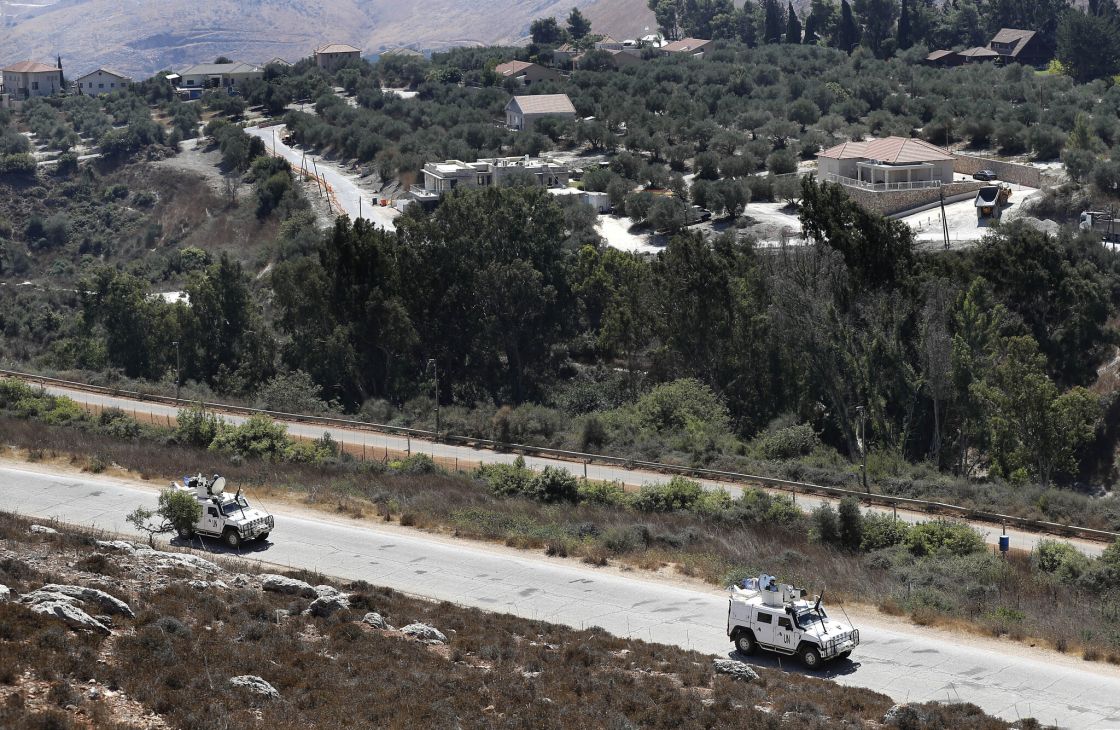- Editorials
- Posted
Kassioun Editorial 1181: From “Military Deterrence” to “Media Deterrence”
Talk about the possibility of “Israel” launching a comprehensive war on Lebanon is occupying a considerable area of the Western, “Israeli”, and Arab media space. Notably, it is occupying in the Lebanese media, especially those working according to Western agendas, a greater space than that in the “Israeli” sites, particularly in the context of hyping-up, exaggeration, and intimidation.
First, it is necessary to establish the fact that the intensity of the conflict on both sides of the Palestinian-Lebanese border, and the extent of the successive losses the “Israelis” are receiving, have been continuously increasing for nine months. This started with the destruction of “Israel’s” radar systems in a large part of northern occupied Palestine and the displacement of hundreds of thousands of its settlers in the north, who are still displaced and there is no possibility of their return without stopping the war on Gaza. Not to mention the huge economic losses and the military estimates issued by Zionist specialists, which show a comprehensive war with Lebanon, if it were to occur, would destroy the Zionist entity’s electricity, water, and infrastructure, and estimating there would be up to 300,000 deaths in the Zionist entity during the first months of such war. In short, it would be a comprehensive hell, compared to which what happened on October 7 and afterwards would look like a mere picnic.
The ongoing escalation has crossed all previous red lines known as the “rules of engagement”, and the continued progression of this escalation could in itself, at least theoretically, lead to a comprehensive conflict.
On the other hand, the danger for the Zionist entity and for Washington itself of entering a war of this kind makes the possibility of its occurrence much less than what is depicted in the media. In addition to the Zionist entity’s evident inability in the military deterrence equation, whether against Hamas or against Hezbollah (this deterrence is much less effective against Hezbollah), the move towards a direct war completely contradicts the main American strategy towards Palestine and towards the region. This strategy is based on preventing the expansion of direct conflicts against the Zionist entity, and in parallel working to spread comprehensive, destructive chaos that is based on explosive internal conflicts and crises in all the surrounding countries.
In this sense, we can understand other things from the exaggerated promotion of the possibilities of an imminent war on Lebanon:
First: This promotion aims to restore the crumbling “Israeli” military deterrence, by activating media deterrence, through exaggeration, intimidation, and display a spectacle.
Second: It also aims to increasing the possibility of chaos within Lebanon itself, by deepening internal polarization and trying to prepare the ground for internal explosions, based on positions from the war and Gaza.
Third: The US is trying to restore the role of “mediator” that it lost a long time ago, by presenting itself as a “protector” of the region from the possibility of war, and as a controller of major operations. This is in order to compensate for the continuing decline in his weight, especially after Hamas and other Palestinian factions insisted on including Russia and China as guarantors in any subsequent ceasefire agreement, and bringing China into the Palestinian reconciliation efforts.
Fourth: This same media escalation could be a tool in the hands of the US and “Israel” to try to secure a way out of the quagmire they are floundering in, by using it as a tool in negotiation, in the hope they find a way out that will save their faces.
Whether a comprehensive war erupts or not, and the most likely possibility is that it will not, the US and “Israel” will emerge weaker and lighter in our entire region, and implicitly in Syria. The continued US retreat will open a greater opportunity for Syria to emerge from its crisis through a comprehensive political solution according to UNSC Resolution 2254, based on Astana, China, and key Arab countries, and through a Syrian-Turkish settlement sponsored by Astana, as part of a comprehensive map for the solution.


